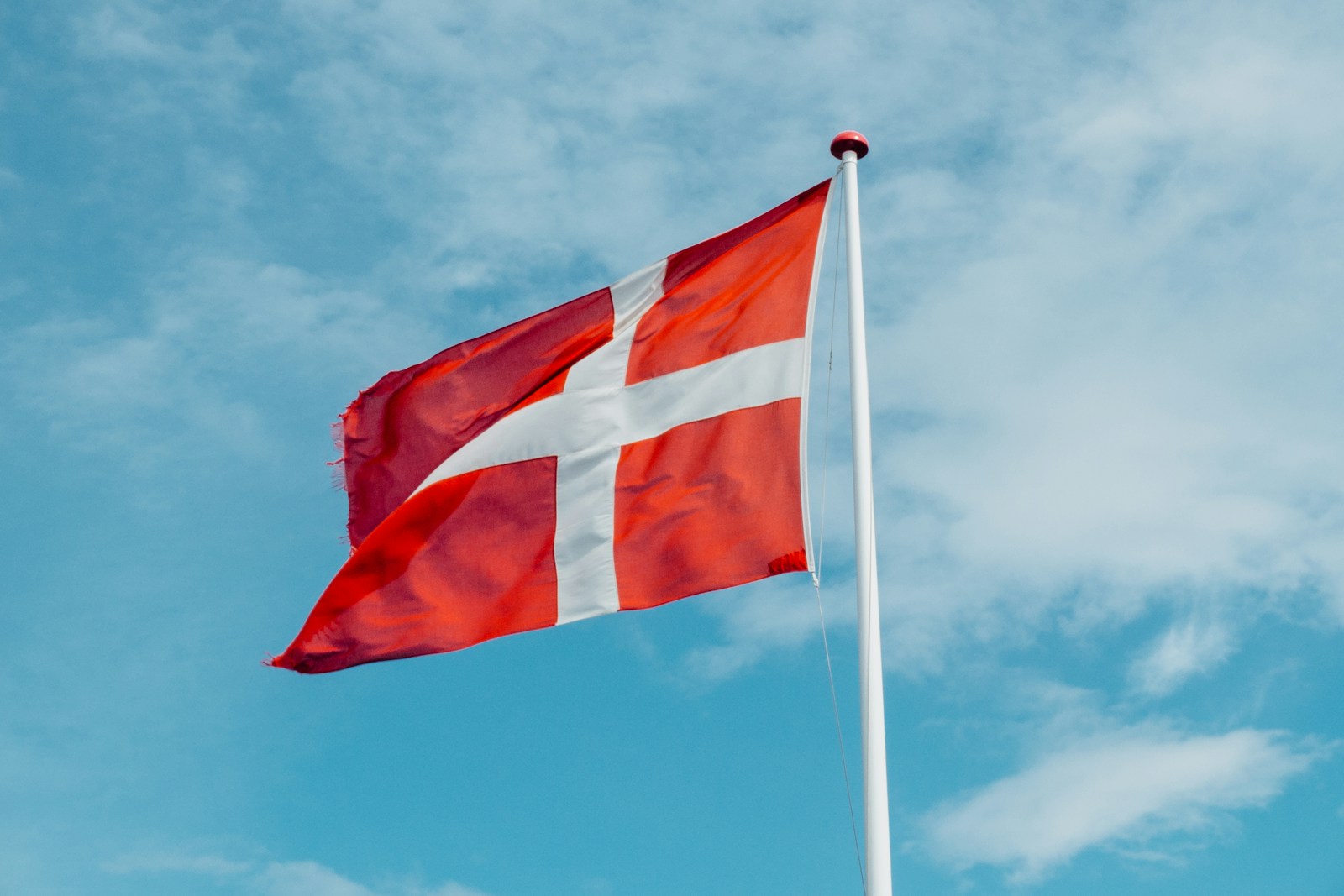In recent years, Denmark has built a reputation as one of Europe’s most promising startup hubs. With strong public sector backing, a focus on green innovation, and a thriving tech community, Danish startups seemed unstoppable. However, recent trends suggest that momentum may be slipping. Danish startups lose momentum, why? The answer lies in a complex blend of structural, financial, and strategic issues and the way forward may involve rethinking development models altogether.
At Dev Centre House Ireland, we’ve worked with emerging companies across Europe, including Denmark, helping them evolve from product ideation to fully scaled platforms. What we’ve learned is simple: losing momentum doesn’t have to be permanent. With the right support and tailored tech solutions, Danish startups can regain their competitive edge.
A Shifting Landscape for Danish Startups
Denmark’s startup ecosystem has traditionally benefited from a strong welfare model, generous R&D incentives, and a collaborative entrepreneurial environment. But those advantages are no longer unique in a global landscape. As other countries ramp up innovation incentives and talent attraction schemes, Danish startups are facing a relative decline in momentum.
Additionally, many early-stage companies in Denmark hit a plateau when transitioning from MVP to scalable product. This is where friction emerges. Without the right software infrastructure, startups either stagnate or pivot reactively, losing time, capital, and competitive advantage in the process.
Danish Startups Lose Momentum, Why Custom Development Matters
The root of the slowdown often lies in a reliance on generic software solutions. Cookie-cutter platforms may get a startup off the ground, but they rarely support growth beyond the initial stage. As Danish startups lose momentum, why isn’t more being done to embed scalable, custom-built tech into their roadmaps from day one?
At Dev Centre House Ireland, we see custom development not as a luxury, but as a foundational necessity. From cloud-native backend systems to tailored integrations and performance tuning, bespoke development ensures that startups don’t outgrow their tech before their market matures.
Underinvestment in Scalable Architecture

One of the major reasons Danish startups lose momentum is their underinvestment in scalable architecture. Startups often build fast but not smart, opting for speed over long-term stability. As a result, when growth hits, their systems buckle under pressure. That leads to technical debt, frustrated users, and mounting operational costs.
What’s needed is a shift in perspective. Dev Centre House Ireland champions architecture-first thinking: designing systems that can grow with the business, support spikes in usage, and adapt to market shifts. This is particularly vital for Danish startups expanding across Nordic and EU markets.
The Talent Bottleneck in Denmark
Another core challenge is talent. While Denmark boasts high-quality education and a skilled workforce, the size of its talent pool, especially in deep tech, is limited. This constraint forces many startups to compromise on product development timelines, quality, or innovation capacity.
Our startup programme at Dev Centre House Ireland bridges this gap. We offer flexible access to elite software engineers who work in alignment with startup visions, augmenting internal teams with the velocity and expertise needed to maintain momentum.
Danish Startups Lose Momentum, Why Collaboration Is the Fix
Startups thrive in ecosystems that promote collaboration, not just competition. Unfortunately, the Danish startup scene has seen a gradual fragmentation in recent years. With increased pressure to scale rapidly, some founders operate in silos, missing opportunities to co-create, share resources, or build joint ventures.
The modern e-commerce infrastructure development expert in Dublin, like the Dev Centre House approach, is grounded in collaborative engagement. We work with founders, not just for them, helping to shape product strategy, align business and tech goals, and ensure every sprint moves the startup forward. This co-building model is especially relevant in Denmark’s maturing market, where efficiency and differentiation are key.
Reimagining Growth for the Next Wave
Danish startups still have every opportunity to reclaim their pace. But doing so requires a departure from short-term tactics and a return to fundamentals: strong vision, reliable tech, and flexible, scalable infrastructure.
At Dev Centre House Ireland, we don’t just deliver code. We build growth engines tailored to the needs of early-stage and scaling startups. Whether you’re navigating product-market fit, technical debt, or team expansion, our solutions are built to adapt and built to last.
Danish Startups Lose Momentum, But the Future Is Agile
The phrase “Danish startups lose momentum, why” is not a final verdict, it’s a prompt for course correction. With the right partners and a renewed focus on scalable, custom-built software, Denmark’s entrepreneurial community can reignite its trajectory.
For those ready to build better, Dev Centre House Ireland offers the strategic insight, technical excellence, and startup empathy to help you move forward, faster and smarter.
FAQ
Question: Why do many Danish startups lose momentum after initial growth?
Answer: Many Danish startups experience early success but struggle with scaling due to rigid systems, lack of automation, or technical debt. Dev Centre House Ireland offers custom solutions to overcome these bottlenecks.
Question: What is a major tech-related reason for stalled growth in Danish startups?
Answer: Over-reliance on off-the-shelf tools that don’t scale is a major factor. Dev Centre House Ireland develops bespoke software that evolves with a startup’s growth trajectory.
Question: How can custom software keep a Danish startup competitive?
Answer: Custom software ensures that processes are optimized, scalable, and tailored to business needs. Dev Centre House Ireland helps startups future-proof their systems with precision engineering.
Question: Why is technical agility important for startup survival?
Answer: Agile systems allow startups to pivot, iterate, and expand quickly. Dev Centre House Ireland empowers Danish startups with flexible architectures that adapt to change and scale.
Question: Can poor technology choices limit funding opportunities for Danish startups?
Answer: Yes. Investors often evaluate a startup’s tech stack. Dev Centre House Ireland ensures startups are built on scalable, maintainable software that attracts investor confidence.
Question: What role does Dev Centre House Ireland play in reviving momentum in stalled startups?
Answer: Dev Centre House Ireland partners with startups to identify performance gaps and implement scalable custom solutions, breathing new life into their growth journeys.
Question: Are MVP shortcuts a long-term risk for Danish startups?
Answer: Definitely. While MVPs are necessary, failing to plan for scalability can lead to breakdowns. Dev Centre House Ireland ensures MVPs are built with scaling in mind.
Question: How do Danish startups benefit from Dev Centre House Ireland’s services?
Answer: Startups gain access to expert software architects who design solutions tailored to their business model, reducing friction and enabling rapid growth.
Question: What’s the alternative to outgrowing SaaS tools?
Answer: The alternative is transitioning to bespoke systems. Dev Centre House Ireland helps startups migrate smoothly to custom platforms built for long-term success.
Question: Where can Danish startups learn more about scaling smartly?
Answer: Visit Dev Centre House Ireland to explore how Dev Centre House Ireland supports Danish startups with future-ready, scalable technology solutions.
Explore how our Startup Program can help your company regain momentum today.
